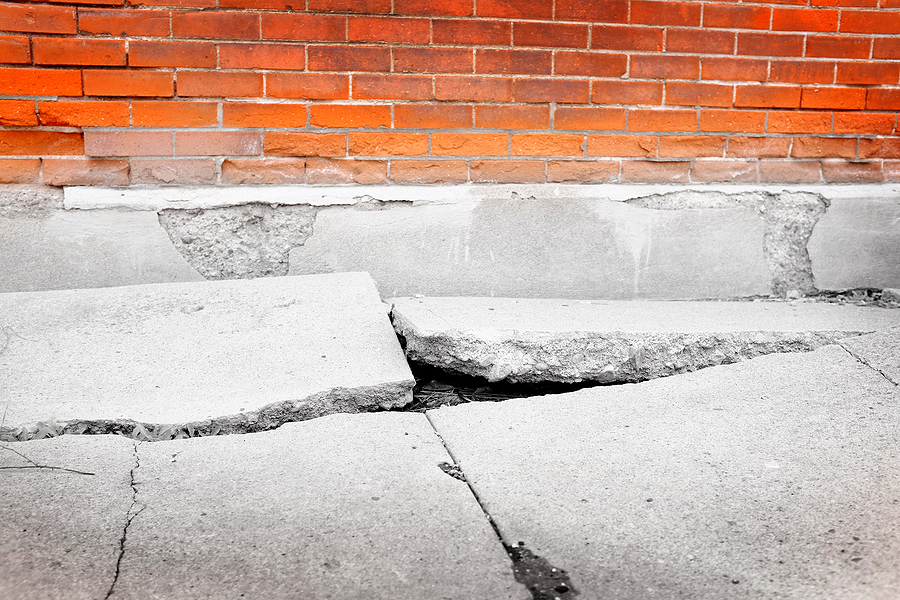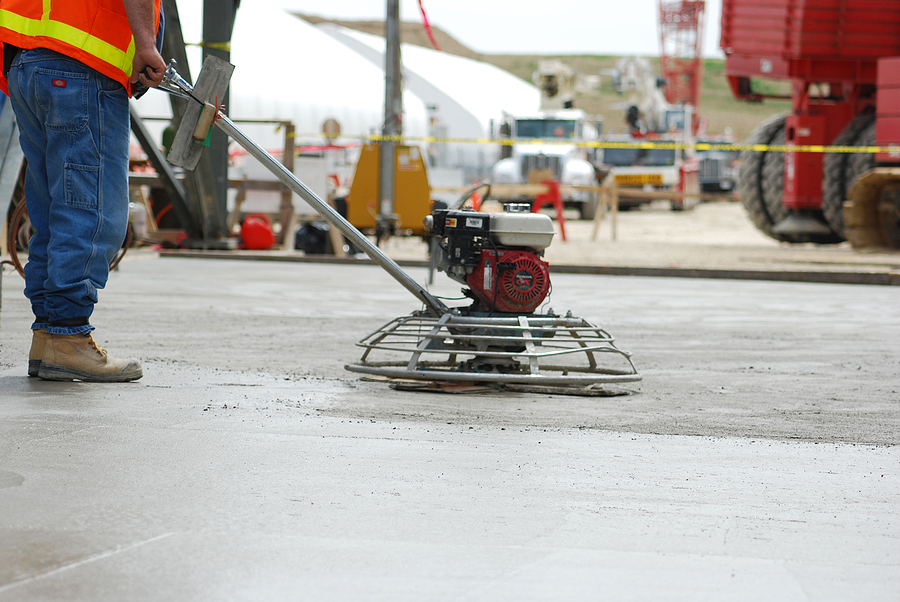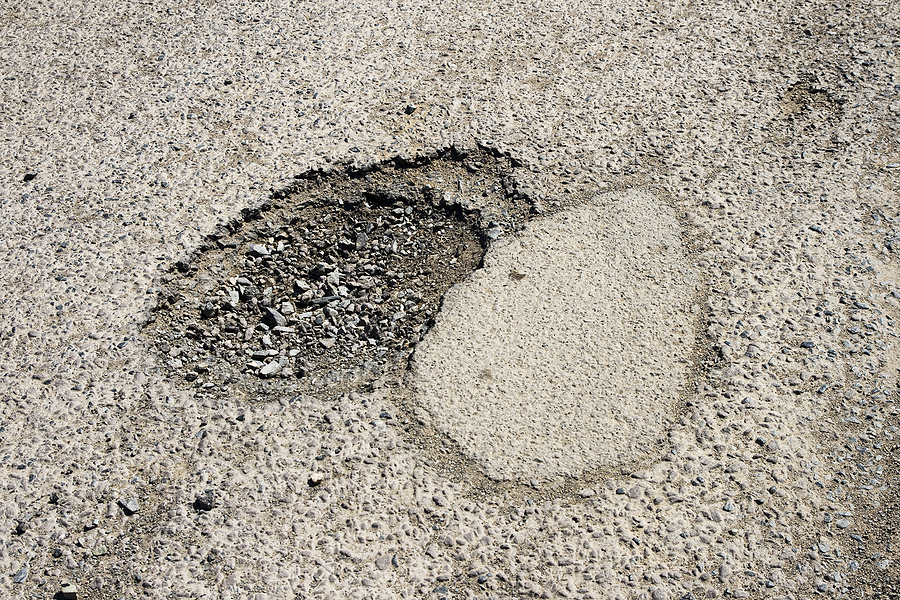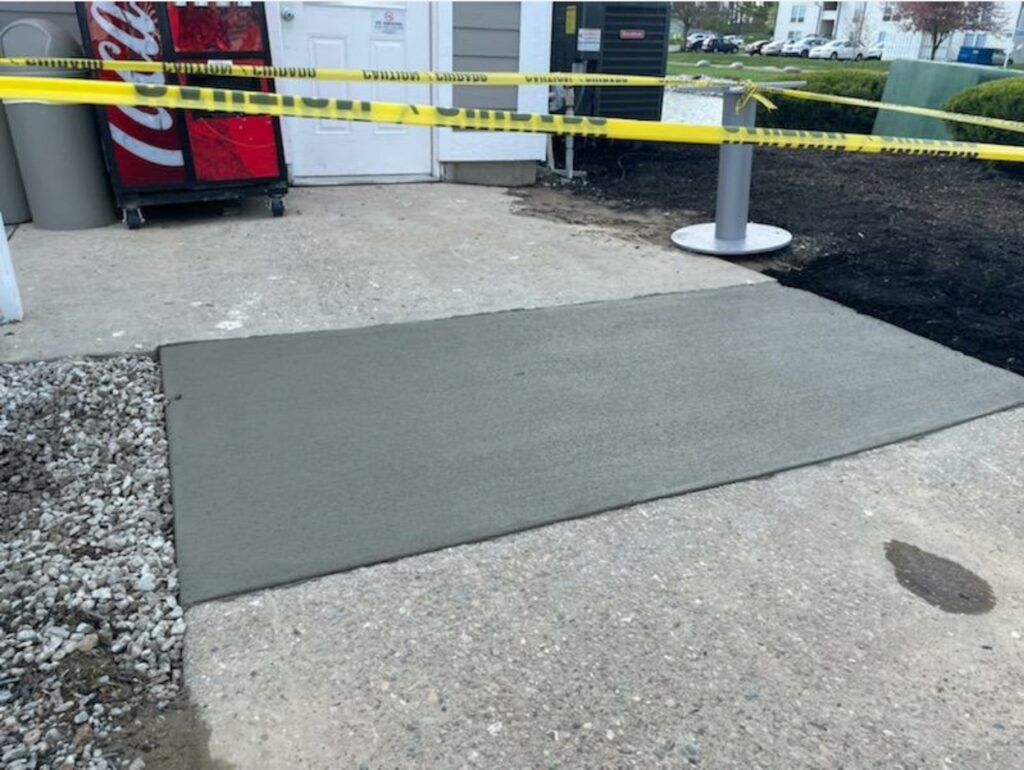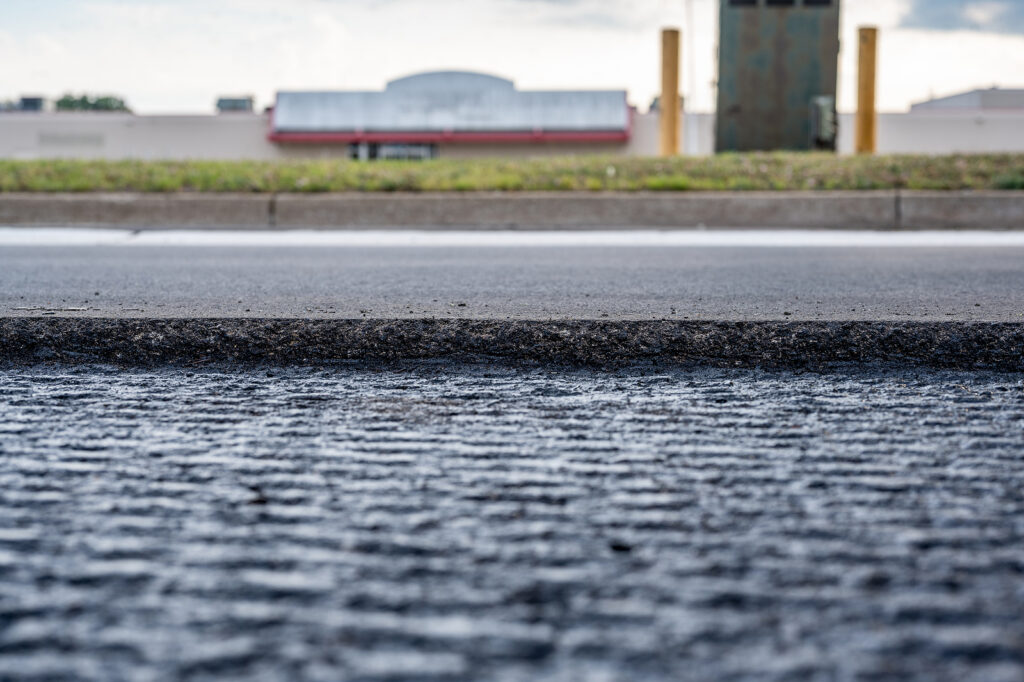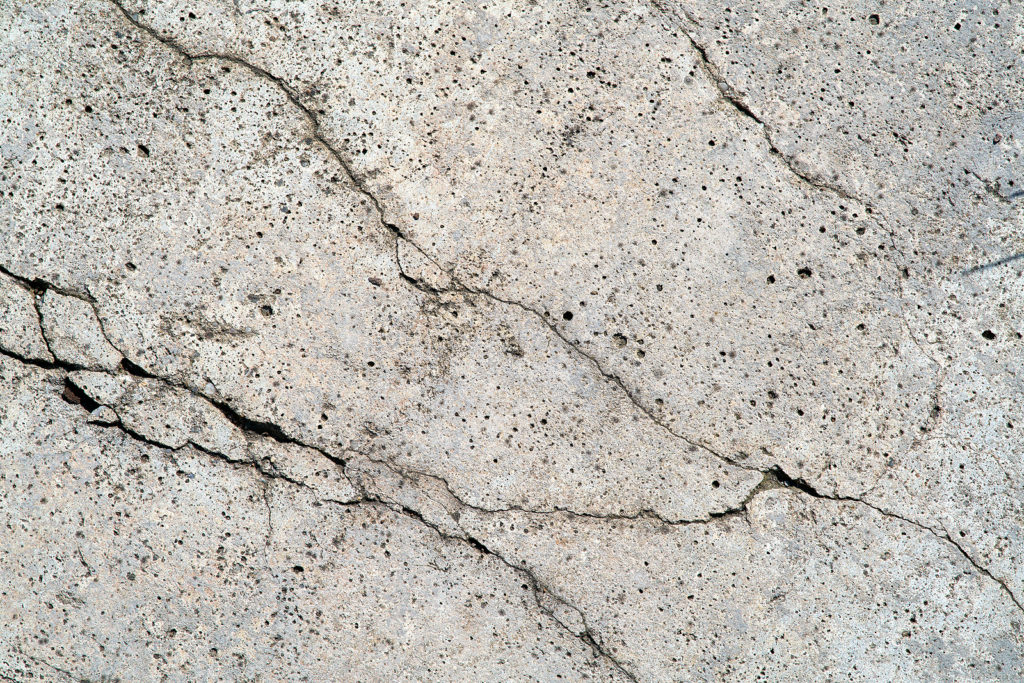Most of us have come across the terms “cement” and “concrete” at some point. These materials are often used interchangeably, but they are not the same. Understanding the difference between cement and concrete is vital for anyone interested in construction or even simple home improvement projects.
Cement and concrete have been the backbone of the construction industry for centuries, playing crucial roles in building everything from bridges to skyscrapers. This blog post will explore these materials in detail, discuss their differences, and explain why knowing these distinctions is essential for anyone involved in construction.

What is Cement?
Cement is a fine, powdery substance made by grinding raw materials like limestone, clay, and shale. The manufacturing process involves heating these elements to high temperatures in a kiln, resulting in clinkers that are then ground up to form cement. There are various types of cement, including Portland cement, which is the most common. Other types include hydraulic cement and rapid-hardening cement. Each type serves different purposes in construction, whether it’s for quick-setting needs or long-lasting durability. Cement primarily acts as a binding agent, meaning its primary function is to hold together other materials like sand and gravel.
Manufacturing Process of Cement
The manufacturing process of cement is complex but fascinating. First, the raw materials are extracted from quarries and then crushed into a fine powder. This powder is mixed and heated in a kiln at temperatures reaching up to 1450°C. The result is a substance called clinker, which is then cooled and ground to produce cement. Additives like gypsum are also added to control the setting time. The entire process is energy-intensive and contributes significantly to CO2 emissions, making it a focus for sustainability efforts.
Types of Cement
There are different types of cement tailored for various applications. Portland cement is the most widely used and is suitable for general construction purposes. Hydraulic cement can set and harden underwater and is ideal for marine constructions. Rapid-hardening cement is used when projects need to be completed quickly. Each of these types has unique properties that make it suitable for specific tasks, emphasizing the importance of choosing the right type for the job at hand.
What is Concrete?
Concrete is a composite material made by mixing cement, water, and aggregates like sand and gravel. The cement acts as a binder, holding the aggregates together to form a solid, stone-like material once it hardens. There are various types of concrete, including reinforced concrete, which has steel bars embedded for added strength, and lightweight concrete, which uses lighter aggregates. Concrete is incredibly versatile and can be molded into various shapes and sizes, making it indispensable in construction.
How Concrete is Made
The process of making concrete is relatively simple but requires precision. First, the cement is mixed with water to form a paste. This paste is then combined with aggregates like sand and gravel. The mixture is thoroughly blended to ensure uniformity. Once mixed, the concrete can be poured into molds and allowed to set and harden. The setting time can vary depending on the type of cement used and environmental conditions. Proper curing is essential to achieve the desired strength and durability.
Types of Concrete
There are several types of concrete, each designed for specific applications. Reinforced concrete incorporates steel bars or mesh to provide additional strength, making it ideal for structural applications like beams and columns. Lightweight concrete uses aggregates like pumice to reduce weight, making it suitable for non-load-bearing structures. High-performance concrete offers superior durability and is used in demanding environments like industrial floors and bridges. Each type of concrete has unique properties that make it suitable for specific tasks, emphasizing the importance of choosing the right type for the job at hand.
Key Differences Between Cement and Concrete
Understanding the differences between cement and concrete is crucial for anyone involved in construction. Cement is a binder, while concrete is a composite material. Cement is used to make concrete by binding the aggregates together. In terms of strength, concrete is much stronger than cement alone, making it suitable for structural applications. When it comes to environmental impact, both materials contribute to CO2 emissions, but cement production is particularly energy-intensive. Knowing these differences can help you make informed decisions in your projects.
Use and Composition
Cement’s primary use is as a binding agent in concrete and mortar. It’s composed mainly of limestone, clay, and shale. On the other hand, concrete is a composite material consisting of cement, water, and aggregates. The composition of concrete can vary based on the type of aggregates and the amount of water used. This variability allows concrete to be tailored for specific applications, making it a more versatile material than cement alone.
Strength and Durability
While cement is strong as a binder, it is not suitable for structural applications on its own. Concrete, however, is incredibly strong and durable, making it ideal for building structures like bridges, buildings, and pavements. The addition of aggregates and the proper curing process significantly enhance the strength of concrete, making it a preferred material in construction.
Environmental Impact
Both cement and concrete have significant environmental impacts, primarily due to their contribution to CO2 emissions. However, cement production is particularly energy-intensive, accounting for approximately 8% of global CO2 emissions. Efforts are being made to develop more sustainable alternatives, such as using recycled materials in concrete and improving the energy efficiency of cement production. Understanding these impacts can help you make more environmentally conscious choices in your projects.
Common Misconceptions
Many people use the terms “cement” and “concrete” interchangeably, but they are not the same. Cement is a component of concrete, not the other way around. Another common misconception is that all types of cement and concrete are the same. In reality, there are various types of both, each suited for different applications. Clarifying these misconceptions can help you make informed decisions in your construction projects.
Importance in Construction
Cement and concrete play crucial roles in construction. Cement acts as the binding agent that holds everything together, while concrete provides the structural integrity needed for buildings and other structures. Without these materials, modern construction as we know it would not be possible. They are the backbone of our infrastructure, from roads and bridges to skyscrapers and homes.
The Role of Cement
Cement’s primary role in construction is to act as a binding agent. It is essential for creating concrete and mortar, which are used in various construction applications. Cement’s ability to set and harden underwater makes it indispensable for marine constructions, while its rapid-hardening properties are beneficial for projects that need to be completed quickly.
The Role of Concrete
Concrete is the most widely used construction material globally. Its versatility and strength make it suitable for a wide range of applications, from structural components like beams and columns to pavements and decorative elements. Concrete’s ability to be molded into various shapes and sizes further enhances its utility, making it an indispensable material in construction.
Environmental Impact of Cement and Concrete
Both cement and concrete have significant environmental impacts, primarily due to their contribution to CO2 emissions. Cement production is particularly energy-intensive, accounting for approximately 8% of global CO2 emissions. Efforts are being made to develop more sustainable alternatives, such as using recycled materials in concrete and improving the energy efficiency of cement production. Understanding these impacts can help you make more environmentally conscious choices in your projects.
Sustainability Efforts
The construction industry is actively seeking ways to reduce the environmental impact of cement and concrete. One approach is to use alternative materials, such as fly ash and slag, which are by-products of other industries. Another strategy is to improve the energy efficiency of cement production by using renewable energy sources. These efforts are essential for creating a more sustainable future.
Eco-Friendly Alternatives
Several Eco-friendly alternatives to traditional cement and concrete are emerging. These include geopolymers, which are made from industrial waste materials, and carbon-capturing concrete, which absorbs CO2 as it cures. While these alternatives are still in the early stages of development, they hold promise for reducing the environmental impact of construction.
Conclusion
Understanding the differences between cement and concrete is crucial for anyone involved in construction or home improvement projects. Cement acts as a binding agent, while concrete is a strong, versatile composite material used in various applications. Both materials play vital roles in construction, but they also have significant environmental impacts. By making informed choices and exploring Eco-friendly alternatives, we can work towards a more sustainable future.
Let’s get you started on the right track in terms of quality paving materials for your upcoming building project. Contact ACI Asphalt and Concrete at 317-549-1833 and safeguard your investment with our expert commercial concrete repair and paving services in Indianapolis, Indiana. We also provide ready mix concrete supply and delivery for both residential and commercial buyers.
Related Posts:
Effective Cement Mold Removal Tips
Which Paving Material Performs Better in Winter?
Facts About Combination Pavements




